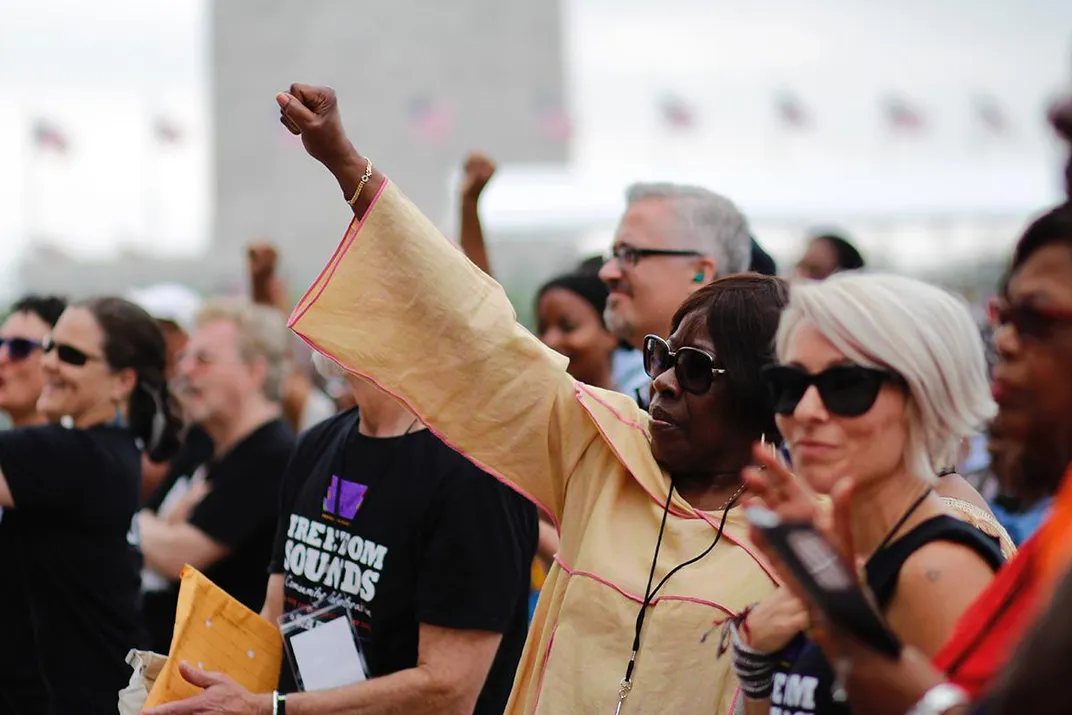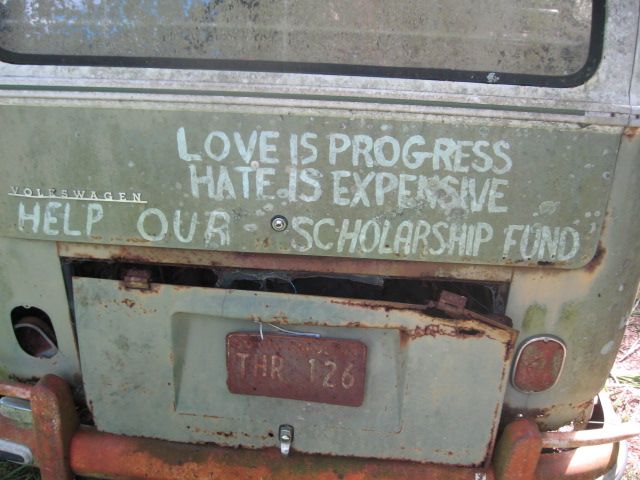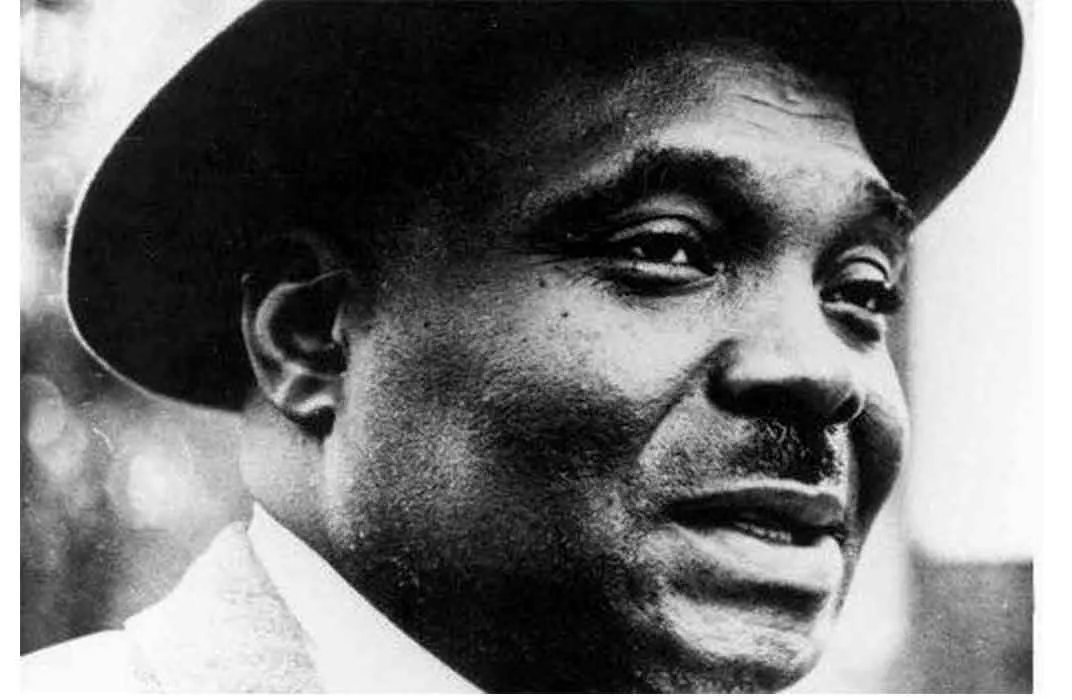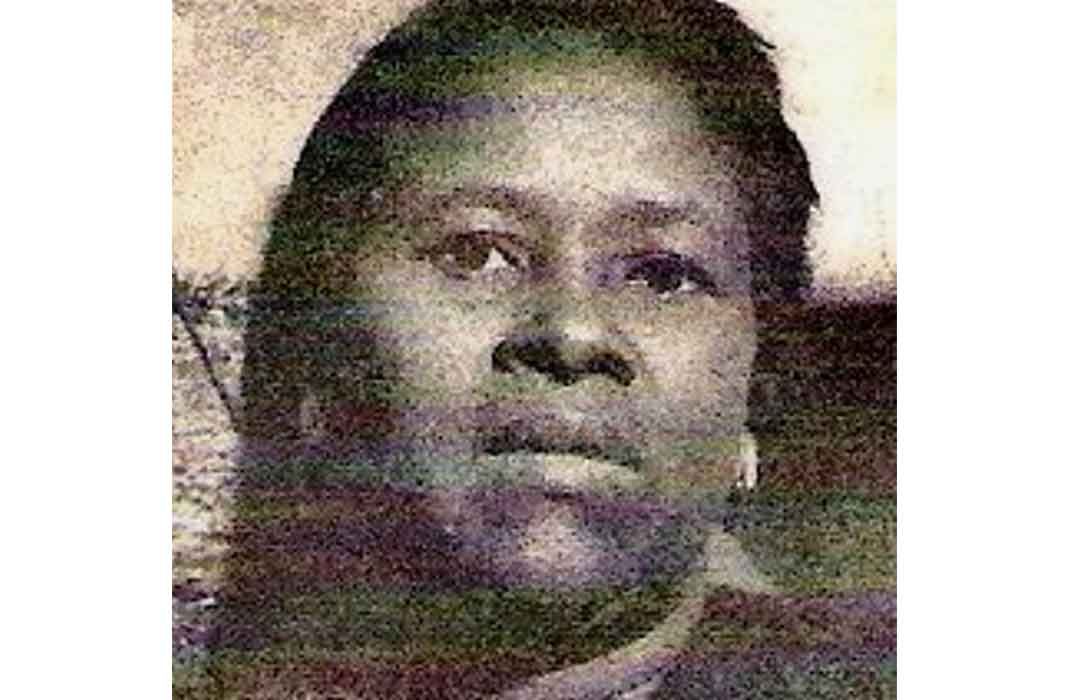Thousands Converge on the National Mall For Music, Family, Remembrance and Celebration
Families from all over the country arrive to celebrate the grand opening of the National Museum of African American History and Culture
/https://tf-cmsv2-smithsonianmag-media.s3.amazonaws.com/filer/62/af/62af6ee3-138b-4e2c-9fe8-703e6fcd05e3/crowdshot_ilovebeingblack.jpg)
The Smithsonian National Museum of African American History and Culture opened today with a dedication ceremony which thousands of visitors watched on screens at the grounds next to the Washington monument. The opening of the museum comes at a critical moment in race relations in the United States, as protests erupted again this week in response to the fatal police shootings of black men in Tulsa, Oklahoma and Charlotte, North Carolina, and as the country's first black president reaches the end of his final year in office.
At the presentation of the American flag and the playing of the National Anthem at the start of the dedication ceremony, people across the monument grounds imitated San Francisco 49ers' Colin Kaepernik's protest against the killings of black men by taking a knee or putting their fists in the air.
Cheers of excitement and sighs of sadness could be heard across the crowd when President Obama approached the lectern on the museum's "front porch" to give his speech and ring the bell that would signal the official opening of the museum. People discussed how sad they were to see the president leave the White House at the end of this year.
"This represents our ancestors from Africa and America who built this country and never got any recognition," says Marie-Carole Desrosiers, a visitor to the museum from Virginia.
She and her friends discussed that it would be impossible to fit all of African-American history in one musuem. "It shows the richness of our history that we had to pick and choose what would go in this museum."

Carolyn Phillips traveled from Westminster, Colorado with her daughter and granddaughter to attend the museum's dedication. Although she wishes the Black American National Anthem had been played she thought the ceremony was beautiful. "It's really important that we share this with our grandchildren," she says.
For Jo Elias-Jackson from San Francisco this musuem is a reminder for herself of her own value and a catalyst for more productive racial dialogue. "This reinforces my own value and it is the beginning of racial humility," she says.
Elias-Jackson is at the dedication ceremony with Esme Williams, a former elementary school principal, who traveled from Bermuda for the special weekend. "Bermuda had slavery also and our connection to this history is so real," she says. And as an American citizen she says, "I never thought in my lifetime I would see a black president of the United States. He has perservered and has come through."

Between 60 and 65 descendents of the Esau and Janie Jenkins family from St. John's Island, near Charleston, South Carolina, arrived from South and North Carolina, Tennessee, Georgia, Minnesota, Virginia and Maryland in the days leading up to the opening of the new museum. The Jenkins family came because a piece of their family history was enshrined among the collections.
Esau and Janie Jenkins lived with their eight children in the Jim Crow-era of segregation in the South. To get their children and others to the schools in Charleston, they used funds from their farming to purchase a bus to transport them to school. Before long and with the addition of other buses, they were also giving rides to adults to their jobs in the city.
While driving the bus, Esau Jenkins saw opportunity. Along the route to and from, he taught his passengers critical information to help them pass the literacy tests, used to prevent blacks from voting.
Panels from the last of his VW buses that he operated and bearing his slogan "Love is Progress, Hate is Expensive" are now on view in the new exhibition "Defining Freedom, Defending Freedom: The Era of Segregation."

My parents, says Elaine Jenkins, an attorney and the director of the Planned Giving for the Africa University Development Office, a United Methodist related institution in Mutare Zimbabwe, "saw it as their responsibility to speak out on the issues of the day. They wanted a better life for their children. And in making sure that happened, they also made a better life for everybody."
Besides their fleet of buses, Esau and Janey Jenkins went on to create and operate many businesses and a school in their hometown—the first Citizenship School in 1957, the C.O. Federal Credit Union, the Rural Mission, the J&P Café and Motel, the Hot Spot Record Shop, the Esau Jenkins Place and a healthcare facility that also provided low-income housing and a nursing home for families in the Sea Islands.
Elaine Jenkins and her brothers and sisters previewed the museum early in the week to see their father's bus panels. "What would Mom and Papa think of all this? We can look back at it now. But those were really frightening times. Because we never knew, when Papa left, would he come back. . .and there were many attempts on his life," says Jenkins.

Among the many members of the Jenkins family today are doctors, lawyers, an engineer, an architect, a nurse, ministers and even a football player—Jelani Jenkins of the Miami Dolphins. Buses loaded with family members left Charleston earlier in the week for Washington, D.C., and the Charleston mayor's office issued a proclamation on the occasion of Janie B. Jenkins 106 birthday on September 26. The city declared a week of service in honor of the couple.
"Esau and Janie B. Jenkins worked tirelessly to improve educational, political and economic opportunities for blacks on the sea islands and surrounding areas, living out their motto 'Love is Progress, Hate is Expensive,'" read the proclamation.
"Well, every child thinks his father, his parents, are gods, right," says Jenkins.
"As an adult, now, I can see that they were very special people," she says. "But then as a Christian, what I say is God calls somebody in every community. Because God is on the side of the oppressed. . . God calls people. . . In our small community, it just happened to be my parents."
/https://tf-cmsv2-smithsonianmag-media.s3.amazonaws.com/accounts/headshot/Beth_Head_Shot_High_Res-14-v2.png)
/https://tf-cmsv2-smithsonianmag-media.s3.amazonaws.com/accounts/headshot/DSC_0154.JPG.jpeg)